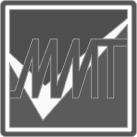Schools2030 TAJIKISTAN
Schools2030 in Tajikistan is present in all four provinces – Gorno Badakhshan Autonomous Oblast (GBAO), Sughd, Khatlon, the Districts of Republican Subordination and the capital city, Dushanbe.
Tajikistan is a mountainous and landlocked country in Central Asia, famous for its snowy peaks, glacial lakes and nature reserves. Previously a member of the Soviet Union, Tajikistan became independent in 1991. Unfortunately, a civil war lasting until 1997 has hampered progress in certain areas, compounded by a highly mountainous and often inaccessible topography.
Despite these challenges, Tajikistan has some very positive indicators for education, with the enrolment rate in primary education at 99% for both girls and boys. Transition to secondary school is also a high, at 99%. The pupil-to-teacher ratio in primary education is also a relatively low figure, at 22.3, meaning that on average there is one teacher for every 22.3 primary school students.Some challenges remain, particularly with regard to ECD, where fewer opportunities for children, parents and caregivers to access services and support remain, especially in remote areas. For some institutions, a lack of a family, or child-centre approach remains an issue.
The National Strategy for Education Development (NSED) 2021-2030 aims to create an educational system of high quality, accessible to all throughout life, and provide the country’s economy with competent workers, appropriate infrastructure, based on modern and innovative technologies.
Our Team in TAJIKISTAN
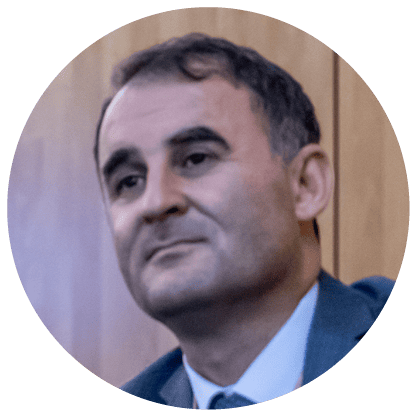
Sherali Saidoshurov
Schools2030 National Coordinator
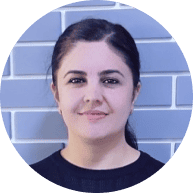
Firuza Nazarkhudoeva
Regional Officer
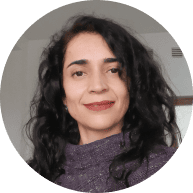
Aziza Bakhtdavlatova
Project Assessment Officer

Safo Gulomaseinov
Project Officer
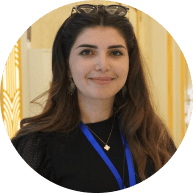
Najiba Temurshoeva
Communication Officer
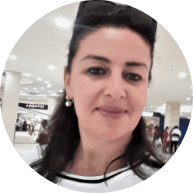
Sadbarg Mirova
Senior Programme Officer
ASSESS
The Tajikistan Schools2030 team benefits from a very close relationship with district and national governments and the programme has received endorsement from the Ministry of Education. The team has identified five holistic learning domains for each cohort in discussion with education stakeholders and these all align with national policy and curricular priorities.
The team in Tajikistan have a full-time assessment lead who works closely with the Schools2030 Global Assessment Coordinator and together they have developed contextualised rapid assessment and longer-form, robust and validated tools to align to the selected learning domains for all three cohorts.
In a fantastic step forward for strengthening education systems and policy, the Tajik team have signed a Memorandum of Understanding with the National Testing Center under the Office of the President to develop the suite of assessment tools that measure the selected learning domains.
Access examples of assessment tools
from across our programme countries.
All these tools are available free to download below and will continue to be refined and iterated to ensure robust psychometric validity.
INNOVATE
Schools2030 Tajikistan has implemented a comprehensive programme of HCD trainings, for learning partners and teachers at school level, in 100 schools across the country. HCD workshops were conducted in a cycle of four stages, each of which lasted for two days with time allowed to complete the tasks provided during the HCD trainings. Over 450 participants engaged in the workshops at school level to identify solutions to challenges and teachers were trained on how to conduct rapid assessments based on the shared tools, as well as how to effectively utilise the HCD toolkit.
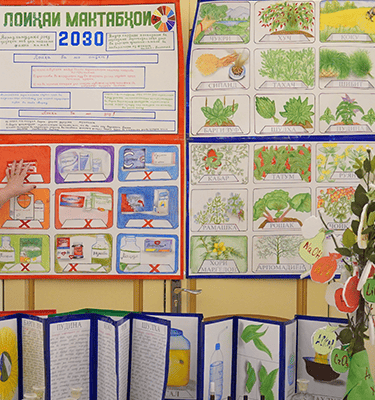
Moving from theory to practice – Chemistry and Biology Club
DESIGNED BY: Nazokat Mahmadieva, School #2 Danghara district, Khatlon
TO IMPROVE: Science, collaboration, health and nutrition
AGE GROUP: 10+
The “Practical chemistry club” has been designed to offer more opportunities for laboratory work through practical sessions connected to the life in the community.
Show More
In her lessons, Nazokat guides her students to conduct research on topics of interest and the practical approach helps bring them to life, as well as link them to students’ real-world experiences. Students prepare presentations and develop experiments that provide evidence for their findings.
So far, the research projects are mainly around medicines and perfume made from local herbs and students describe the steps and prove the effectiveness of that medicine through scientific approaches. The teacher also guides students to do research, using the internet and conduct interviews with local pharmacists and others to compile their findings. Each pair of students work on one topic each month and by the end of the academic year students collate their research in one handbook.
Eco-classroom
DESIGNED BY: Rahmatova Zulaykho, School #12, Khujand, Sughd
TO IMPROVE: Science, respect for the environment, collaboration, critical thinking
AGE GROUP: 15+
The Eco-classroom aims to give students an inspiring classroom environment that strengthens their theoretical knowledge with real examples from nature.
Show More
Each corner of the Eco-classroom offers specific functions and assists students to learn biology in a creative, hands on and visually-stimulating environment.
Together with her students, Rahmatova will plant, grow and tend a variety of monocotyledonous and dicotyledonous plants, decorative plants and medical herbs and multiply them. There is also a proposal for an aquarium for fish care and a terrarium for reptile care that will serve as visible examples for students while studying and learning about fish, reptiles, ecosystems and other related topics. The Eco-classroom aims to assist students to comprehend complex and challenging biological topics which they can then connect to their real lives.
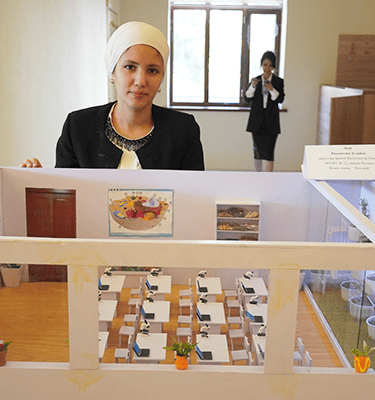
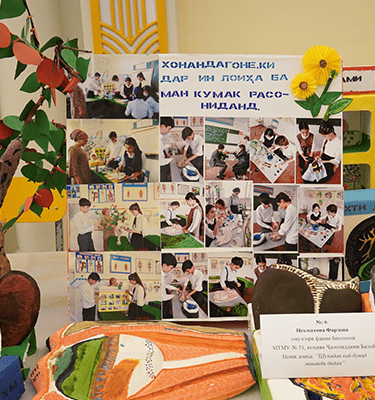
Seeing is better than hearing
DESIGNED BY: Farzona Nematova, School # 51, Balkhi district, Khatlon
TO IMPROVE: Science, creativity, collaboration
AGE GROUP:
Another hands-on approach to science classes, with these lessons students initially read information about organs, and then in groups make them from low-cost materials which helps them to step by step learn about the functions of these organs.
Show More
Students will work together to research a variety of topics from books, the internet and magazines and then create a presentation. Appropriate videos connected to the topics of the lesson will be watched and reflected on.
The whole process of watching the videos, doing research on the topic and gathering relevant data as well as depicting it in a picture, model or embroidery aims to lbring learning to life. Students will also enjoy the application of technological tools and learn to evaluate and freely express their opinion in their class as well as outside of the class environment.
A lesson in nature
DESIGNED BY: Mutribakhon Olimova, School #22, Khujand, Sughd
TO IMPROVE: Science, respect for the environment
AGE GROUP: 10+
This innovation prompts students to apply theoretical knowledge in practical ways, as well as gives them the opportunity to see and observe natural processes.
Show More
The lesson uses a variety of methods for exploring nature, including areas for planting fruit trees, decorative flowers, a pond, a greenhouse and a walking path.
‘A lesson in the nature’ will not only encourage students to apply their theoretical knowledge in their real life, it will also serve as a platform for students to take part in tenhancing green spaces in the region and contribute to its wellbeing and development.
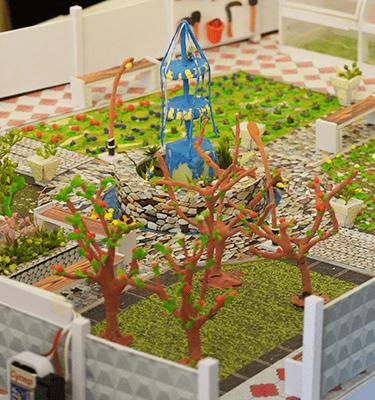
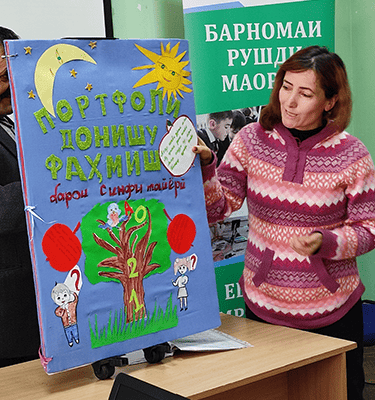
Big Book of Knowledge
DESIGNED BY: Mirvanjova Mevagul, School #8, Rushon district, GBAO
TO IMPROVE: Numeracy, Literacy, Problem Solving, Relationship Building
AGE GROUP: 10+
Show More
As a response to these challenges, the teacher developed the “Big Book of Knowledge” for children which contains series of craft-based and group activities to engage children in an engaging and creative ways that involve improving their literacy and numeracy skills. The ‘Big Book’ also comes with a variety of supplementary workbooks.
Mevagul has commented on the initial impact of her innovation, saying: “My ‘Big Book of Knowledge’ not only helps students learn literacy, math and arts, but it also helps them to develop their 21st century skills, such as creativity, communication, critical thinking, collaboration and problem solving through interactive, creative and practical activities. I have also seen improved self-learning… Now the students give me ideas for other activities and comparing my students’ progress with last year, there is already a tremendous improvement in their learning and competencies.”
Download our HCD Tools in Tajik to start creating education innovations in your school.
Schools2030 Human-Centred Design Toolkit
Full version
Schools2030 Human-Centred Design Toolkit
Sprint version
Schools2030 Human-Centred Design Facilitator Guide
Schools2030 Human-Centred Design School Leader Guide
SHOWCASE
Coming Soon
NEWS
partners
National Advisory Committee members
Abdulzoda Ziyodullo Nazar
Deputy Minister of the Ministry of Science and Education in the Republic of Tajikistan
Asomiddinzoda Sharofiddin
Head of the General Secondary Education Department of the Ministry of Science and Education in the Republic of Tajikistan
Salomiyon Muhammaddovud
President of the Academy of Education in Tajikistan
Namozzoda Jamshed
Rector of the Republican In-service Teacher Training Institute
Asadullo Najmiddiniyon
Director of the Institute of Educational Development of the Academy of Education of Tajikistan named after Abdurahmoni Jomi
Mirzoshoh Sirojzoda
Deputy Head of the General Secondary education department of the Ministry of Science and Education in the Republic of Tajikistan
Safozoda Mahina
Leading specialist of the International Relations Department of the Ministry of Science and Education in the Republic of Tajikistan
Najmiddiyon Abdusattor
Deputy rector of the Republican In-service Teacher Training Institute on education and innovation
Sharipov Muhammadjon
Director of the Republican In-service Teacher Training Institute in Bokhtar city
Isomadinzoda Muhammad
Director of the branch of the state institution of Republican In-service Teacher Training Institute in Khujand city
Country Assessment Partners, Evaluation Partners and Learning Partners
